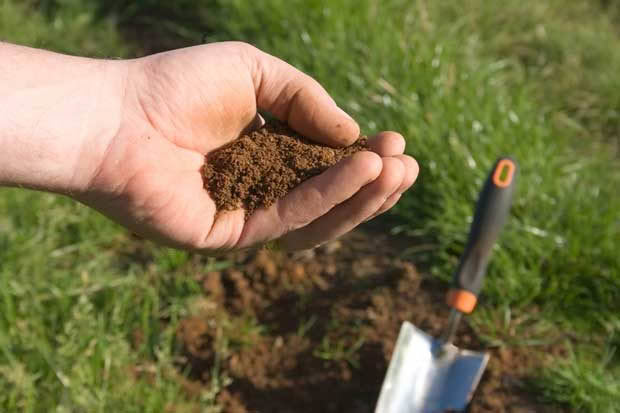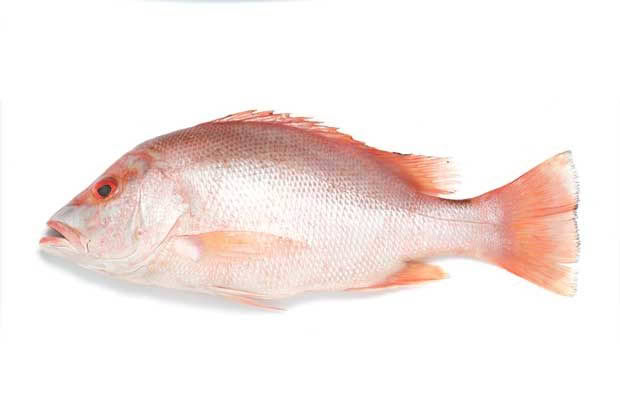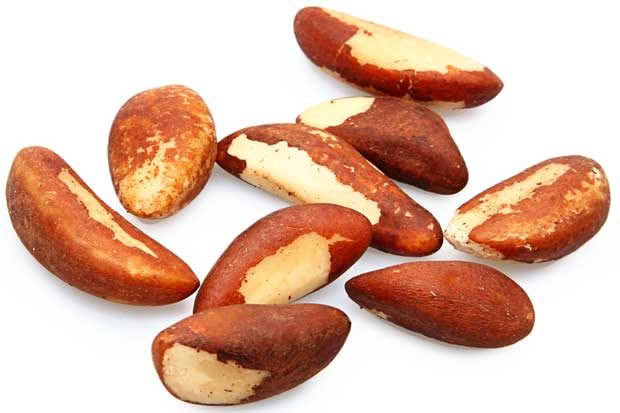Dr Libby on selenium and iodine deficiencies

Dr Libby Weaver
In a two-part series, Dr Libby fronts up to a question about nutritional deficiencies.
Dear Dr Libby
I read a lot about the importance of proper nutrition. But how can I be sure I’m getting all my key vitamins and minerals? Is it possible to be deficient even though I’m pretty careful with my diet?
Despite living in a country with an abundance of food, many New Zealanders are actually under-nourished. By this, I mean low or lacking in some very important nutrients. It is even possible to be malnourished but still overweight, particularly with today’s prevalence of processed foods, some of which contain very little – if any – nutritional value.

New Zealand soil is devoid of certain minerals.
You may be eating enough (or too much) food, just not enough nutrient-dense food. Yet, even for those who eat whole, real food, there are growing concerns that the soil is becoming increasingly deficient in essential nutrients. This means that the food we eat contains fewer and fewer nutrients and if a nutrient is not in the soil, it cannot be in our food.
In conventional farming practices soils are used over and over again, often without nutrient-dense replenishment. Every time a crop or vegetable – anything – is grown, it draws the nutrients out of the soil into itself. The plant uses the nutrients to grow. Then we get the benefits when we eat that food. But if the nutrients aren’t replaced, or crops rotated, the soils are stripped of their minerals.
Farmers then periodically saturate their crops with unnatural chemical fertilizers. I refer to them as unnatural for many reasons, one of which is that they don’t contain the range of nutrients essential for life. Fertilizers are primarily made up of three nutrients: nitrogen, phosphorus and potassium. This means that there are still 52 nutrients missing.
Here are some of the most common nutritional deficiencies in New Zealand – and the best ways to increase your intake of essential nutrients.
IODINE
Iodine is needed for numerous processes and systems inside the body, including those that make thyroid hormones which help control metabolism, growth and development (including the growth and development of the brain). Iodine is also essential for healthy ovarian function, playing a role in helping to ease some of the symptoms of premenstrual tension (PMT).
How common is iodine deficiency? The nutrient content of a food is a reflection of the soil it is grown in. If a nutrient is not in the soil, it cannot be in the food. Unfortunately, New Zealand soils are low in iodine, so locally grown produce reflects this.
A diet low in iodine can lead to hypothyroidism, fatigue and lowered IQ in children born to mothers deficient in the nutrient. Iodine deficiency is the number one cause of preventable intellectual disability in children, and studies have shown evidence of iodine deficiency re-emerging in New Zealand. Research suggests that, on average, New Zealanders may be consuming less than 60 per cent of what is recommended.

Deficient in iodine? Add more seafood to your diet.
The consequences of iodine deficiency are most serious for women who are trying to fall pregnant, or who are currently pregnant or breastfeeding. The effects of low iodine in a mother can include mental disabilities in children and problems with growth, hearing and speech.
How do I know if I’m deficient? Most New Zealanders are at risk, particularly if you follow a low-salt diet, or don’t eat iodine-rich seafood or seaweed regularly. Legislation passed in 2009 legally requires bread sold in New Zealand to be fortified with iodine (organic bread is an exception). Symptoms of iodine deficiency can include thyroid enlargement, or goitre, depression, anxiety and foetal hypothyroidism (decreased functioning of the thyroid in unborn children, leading to brain damage).
In general, poor thyroid function leads to weight gain, a deep, unrelenting fatigue, brain fog and feeling cold in your bones, all of which can have a major impact on your health and quality of life.
How to get more iodine? Foods that contain iodine include some seafood, bread (if fortified), seaweeds such as kelp and some salts. Not all salts contain iodine so be sure to read the label and ensure that the salt you use does. If you don’t eat these foods daily, it may be wise to supplement.
SELENIUM

Selenium is found in Brazil nuts.
How common is selenium deficiency? Selenium is an incredibly important trace element that is essential to our well being. The body needs it in small amounts for a number of functions, including to help regulate thyroid hormones and support a healthy immune system. The importance of selenium in animal nutrition was first discovered in the 1950s when it was shown that myopathies (neuromuscular disorders) in sheep and cattle could be prevented by adding selenium and vitamin E to their diet.
One of selenium’s most important roles from a human nutrition perspective is as an antioxidant, helping to prevent cell damage due to free radicals. Selenium also works alongside other antioxidants such as vitamins C and E, which are essential for a healthy immune system and to help slow degeneration. Studies suggest that a selenium-rich diet can help to protect against skin cancer, sun damage and age spots. It is also incorporated into a range of important proteins in our bodies called selenoproteins, one of which is a vital part of our antioxidant defence mechanism. It is also required for healthy ovulation and sex-hormone balance.
New Zealand soils are low in selenium; subsequently foods grown here are also low in it. On average our blood/selenium concentrations remain lower than those in many other Western countries, which can lead to significant long-term health consequences if left uncorrected.
How do I know if I’m deficient? Selenium doesn’t necessarily cause obvious deficiency symptoms. However, it is essential for a healthy – and prompt – immune response, so people low in selenium tend to experience more illness. Selenium is necessary for the conversion of the thyroid hormone thyroxine (T4) into its active counterpart, triiodothyronine (T3), and a deficiency can cause symptoms of hypothyroidism, including unexplained weight gain, extreme fatigue, goitre, and fertility issues, such as recurrent miscarriage.
How to get more selenium? Fish and seafood contain tiny amounts of selenium but perhaps the simplest way to improve our selenium intake is to eat two to four Brazil nuts each day, as these are the richest food sources of selenium. You need to consume a small amount of selenium daily so if you don’t eat these foods, you will need to consider supplementing.
Remember, we cannot fight the biological needs of our body and the only way we obtain the nutrients essential for life is from the soil. Yet, we cannot eat the soil. Plants must be our middlemen. And if a nutrient isn’t in the soil, it can’t be in our food, which is one of the reasons why good-quality nutritional supplementation has become so important. Also, buying food at local farmer’s markets helps us get to know, and thank, those who care for the soil and grow our food. It is extraordinary to consider that even with all of our technological advancements, we owe our existence to 30 centimetres of topsoil and the fact that it rains.
MORE FROM DR LIBBY: Dealing with menopause
 This article first appeared in NZ Life & Leisure Magazine.
This article first appeared in NZ Life & Leisure Magazine.
